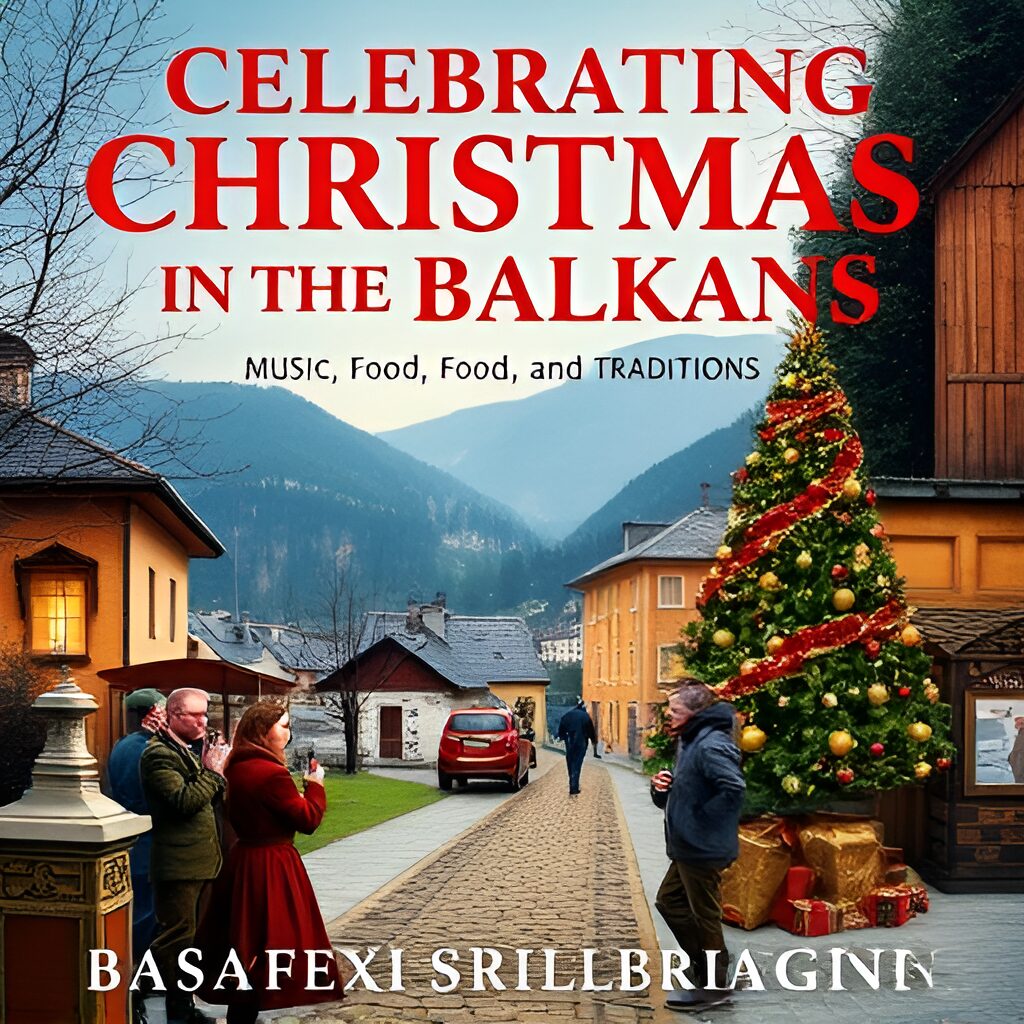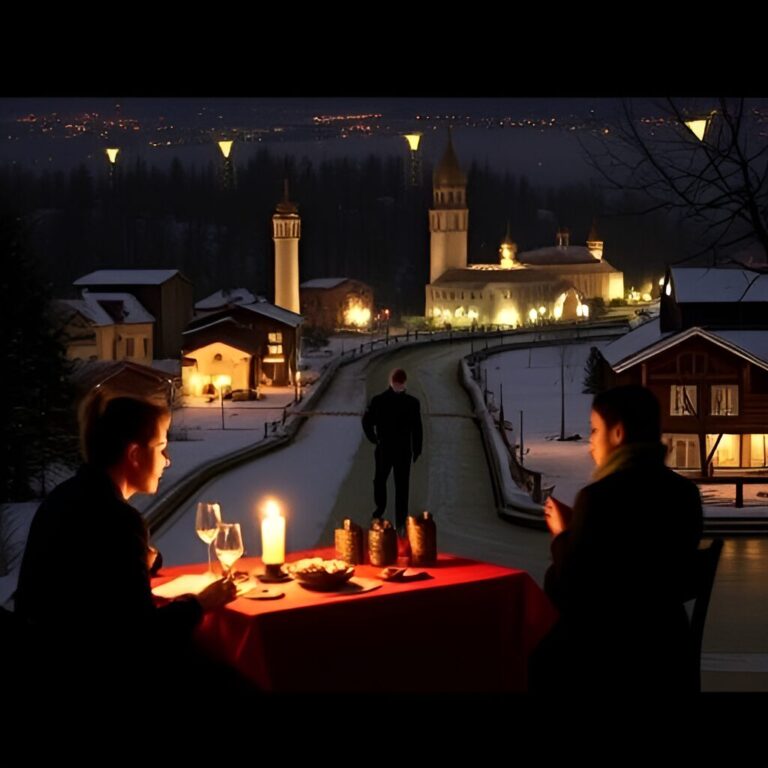Christmas in the Balkans is a rich tapestry of customs, music, and culinary delights that reflect the diverse cultural heritage of the region. Each country brings its unique flavors and traditions to this festive season, making it a time of joy and togetherness.
Christmas Traditions
In the Balkans, Christmas traditions vary widely. In Serbia, many people celebrate on January 7, according to the Julian calendar. Families often gather to observe customs such as cutting the badnjak (a yule log) and decorating it with greenery, symbolizing fertility and prosperity. In contrast, Croatians celebrate on December 25, with an emphasis on Advent, which is marked by festive markets and lighting candles.
Culinary Delights
Food plays a central role in Christmas celebrations. Traditional dishes vary but often include sarma (cabbage rolls), baklava, and various fish dishes, particularly in the coastal areas of Croatia. In Serbia, the festive table may feature roasted meats and an array of sweets, showcasing the region’s culinary richness.
Festive Music
Music is integral to the holiday spirit. Traditional carols, known as koledari, are sung by children who go from house to house, bringing blessings and joy. Local radio stations often broadcast Christmas music, featuring both traditional songs and contemporary interpretations by popular artists.
Community Celebrations
Christmas is also a time for community gatherings. Churches hold midnight masses, and many towns host festive events that bring people together. In Bosnia, for example, communities celebrate with public concerts that feature local choirs and folk ensembles, blending traditional music with festive cheer.
Conclusion
Christmas in the Balkans is a beautiful celebration of music, food, and tradition that brings families and communities together. Through the unique customs and delightful culinary experiences, the holiday season reflects the rich cultural heritage of the region, fostering a sense of unity and joy.





